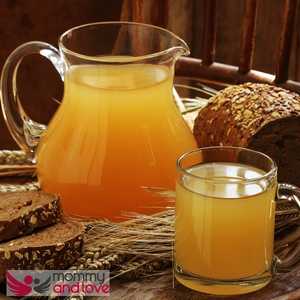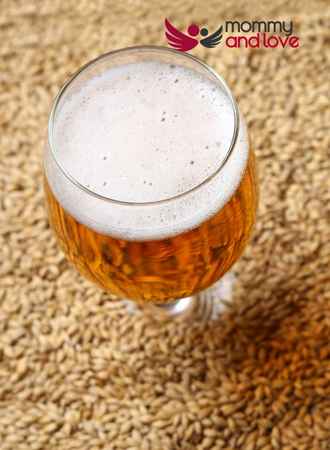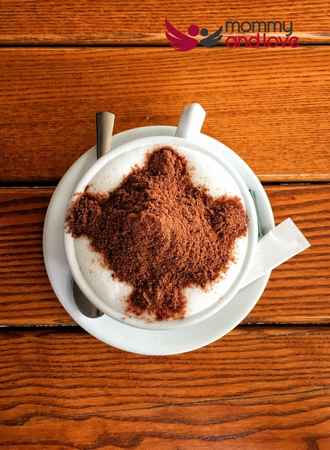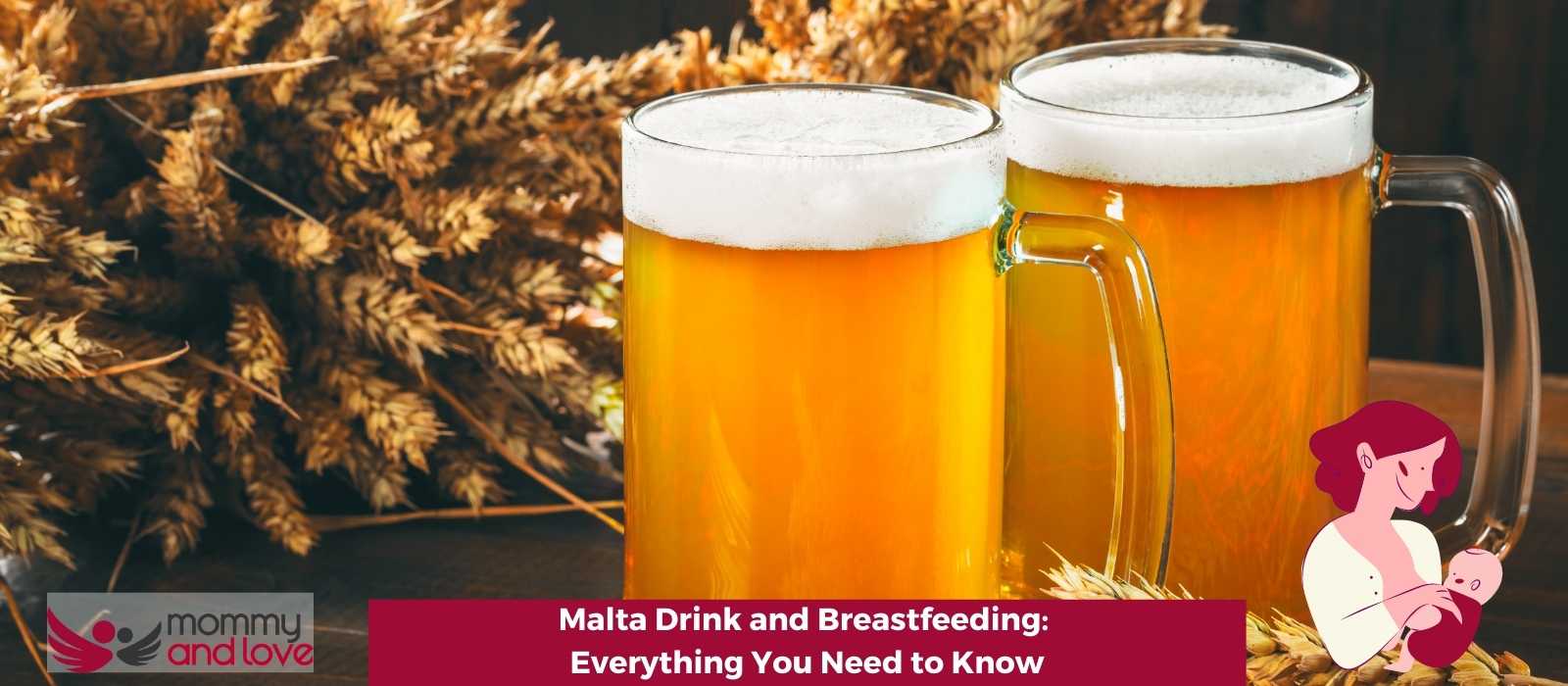If you are breastfeeding, you may be wondering if it is safe to drink Malta drinks.
We explore the safety of drinking Malta during lactation and provide advice for moms who are looking to enjoy this beverage safely.
Affiliate Disclaimer: As an Affiliate, we earn from qualifying purchases.
What is Malta Drink?

Malta is a carbonated malt beverage that is non-alcoholic. It is made from barley grains that have been sprouted and dried. Malta has a strong, malty flavor and is usually sweetened with sugar. It is often served cold or iced.
Malta is popular in many countries, especially in the Caribbean.
Can Malta Drink Increase Breast Milk Supply?
Yes, you heard it right. Malta Drink can help increase your breast milk supply. Malta Drink is a lactation aid that contains galactagogues, which are ingredients that help in increasing milk production.
If you’re struggling with an adequate milk supply, consuming Malta Drink can help you produce more milk.
Galactagogues are ingredients that help promote lactation. They can be found in many different foods and supplements, including Malta Drink.
If you’re struggling with producing milk, Malta Drink might help. We’ve done a detailed guide to foods which can help lactation here. They range from everything from lactation brownies to lactation casseroles, and of course the best lactation teas.
- Supports your breastfeeding, natural lactation, and breast milk supply, taste, and flow.
- 100% organic herbs, including Fennel, Anise, Marshmallow Root, Fenugreek, and Milk Thistle, to support lactation for nursing mothers.
- Caffeine-free.
- 100% organic
Can Breastfeeding Moms Drink Malta?
Yes. There are no known harmful effects of Malta while breastfeeding. In fact, some research suggests that Malta may help increase milk supply.
However, as with all things, moderation is key. Too much sugar can lead to weight gain, so be sure to enjoy Malta in moderation.
So, yes nursing moms can drink Malta. Malta is a safe and healthy choice for a nursing mother looking to increase milk production.
Does Malt Beer Increase Breastmilk?

Malta Beer is different from the Malta drink and some brands contain alcohol.
The American Academy of Pediatrics (AAP) does not recommend the consumption of alcoholic beverages while breastfeeding (or during pregnancy). Alcohol has no effect on milk supply.
If a mom chooses to drink, she should wait at least two hours after one standard drink or you can pump and dump before feeding. It’s also important to note that alcoholic beverages can affect a baby’s latch and decrease a mom’s milk supply.
So if you’re looking for ways to increase your breast milk production, malt beer is not the answer. Read out guide to foods new moms should eat and foods breastfeeding moms should avoid.
Can a Breastfeeding Mom Drink Malt?

The short answer is yes, a breastfeeding mom can drink malt.
Barley malt is great lactogenic food and it contains beta-glucan, which means it helps to increase milk production by stimulating prolactin levels (breastfeeding hormone).
Also, the next time you add sweeteners to your baked goods, use barley malt as a substitute for maple syrup.
Barley also helps in lowering cholesterol levels thus reducing the risk of heart disease and other health conditions.
The problem is that an alcoholic beverage can potentially inhibit milk production, and some of it may be passed on to a newborn through breastmilk.
So while drinking malt may not directly impact your breastmilk supply, it is important to be mindful when you consume alcoholic beverages.
Can Malt Ovaltine Increase Milk Supply?

Malt is the secret ingredient in Malt Ovaltine that has been shown to increase milk supply in lactating mothers.
If you are a mom and are looking for a way to increase your milk supply, malt Ovaltine may be worth a try.
It is important to note that malt Ovaltine is not suitable for moms with certain health conditions such as celiac disease.
If you have this disease, you should not consume malt or anything containing gluten. Malt Ovaltine is a safe and effective way to increase milk supply for nursing mothers who do not have celiac disease.
Can I Use Malt Ovaltine to Make Lactation Cookies?
Yes, baking lactation cookies can be a good part of the diet of many mothers who are lactating.
You can use a wide range of lactogenic foods as ingredients such as malt Ovaltine, brewer’s yeast, instant oatmeal (or rolled oats), ground flaxseed and coconut oil.
Baking your own cookies will always taste better than store-bought. You can pair them with refreshing coconut water or fruit smoothie right after.
How Can Moms Make Sure They Have Enough Milk for Their Babies?

Many new moms worry that they’re not producing enough milk. While it’s true that some women do have difficulty breastfeeding, most women are able to produce plenty of milk.
Here are a few tips to help you make sure you have enough breastmilk for your little one:
- Make sure you’re getting the daily required calories. When you’re nursing a baby, your body has a higher demand for calories than usual, especially after giving birth. Be sure to eat plenty of healthy foods so that your body has the energy it needs to produce milk for your child.
- Eating a well-balanced diet is also important for many women. Make sure you’re getting plenty of fruits, vegetables, and whole grains.
- Consider adding lactogenic foods to your diet such as healthy fats, oats, brewer’s yeast, green leafy vegetables, fennel and fenugreek seeds.
- Eating oatmeal is good for lactating moms. It is a good source of iron, which is essential during lactation. Oatmeal also contains beta-glucan and antioxidants. It also has anti-inflammatory properties, which can help reduce the risk of mastitis.
- Drink plenty of fluids. Nursing can be dehydrating, so it’s important to drink lots of fluids. Water is always a good choice, but you can also drink lactation teas or herbal teas to help increase your breastmilk production or even something like coconut water.
- Some foods can decrease your supply and it’s important to know which foods fall into this category so that you can make the best choices for your body and your baby. One good example is sage. Sage is a common ingredient in many different kinds of food, including some teas and spices. If you’re consuming sage in any form, it’s best to not eat it especially if you’re struggling with your supply.
By following these tips, you can help ensure that you have plenty of milk for your baby. If you experience a sudden drop in milk supply, read our guide to fixing it!
Working on a diet plan with a professional lactation consultant can help a mom’s ability to breastfeed her baby.
Conclusion
Are you a breastfeeding mother who is looking for an occasional drink? Or you might have heard that Malta is safe for lactating mothers? Either way, we’ve got the answer for you.
Yes, it is perfectly safe for mothers who are lactating to enjoy a cold glass of Malta – in moderation, of course. So go ahead and indulge; your baby will be just fine.

This article was written by Sandra Baker – full time writer and the mother of four amazing kids (including twins!)
She’s also a breastfeeding counselor and has spent years helping new parents learn how to care for their children. When she’s not writing or caring for her children, Sandra likes to spend time reading and taking walks with her husband.









